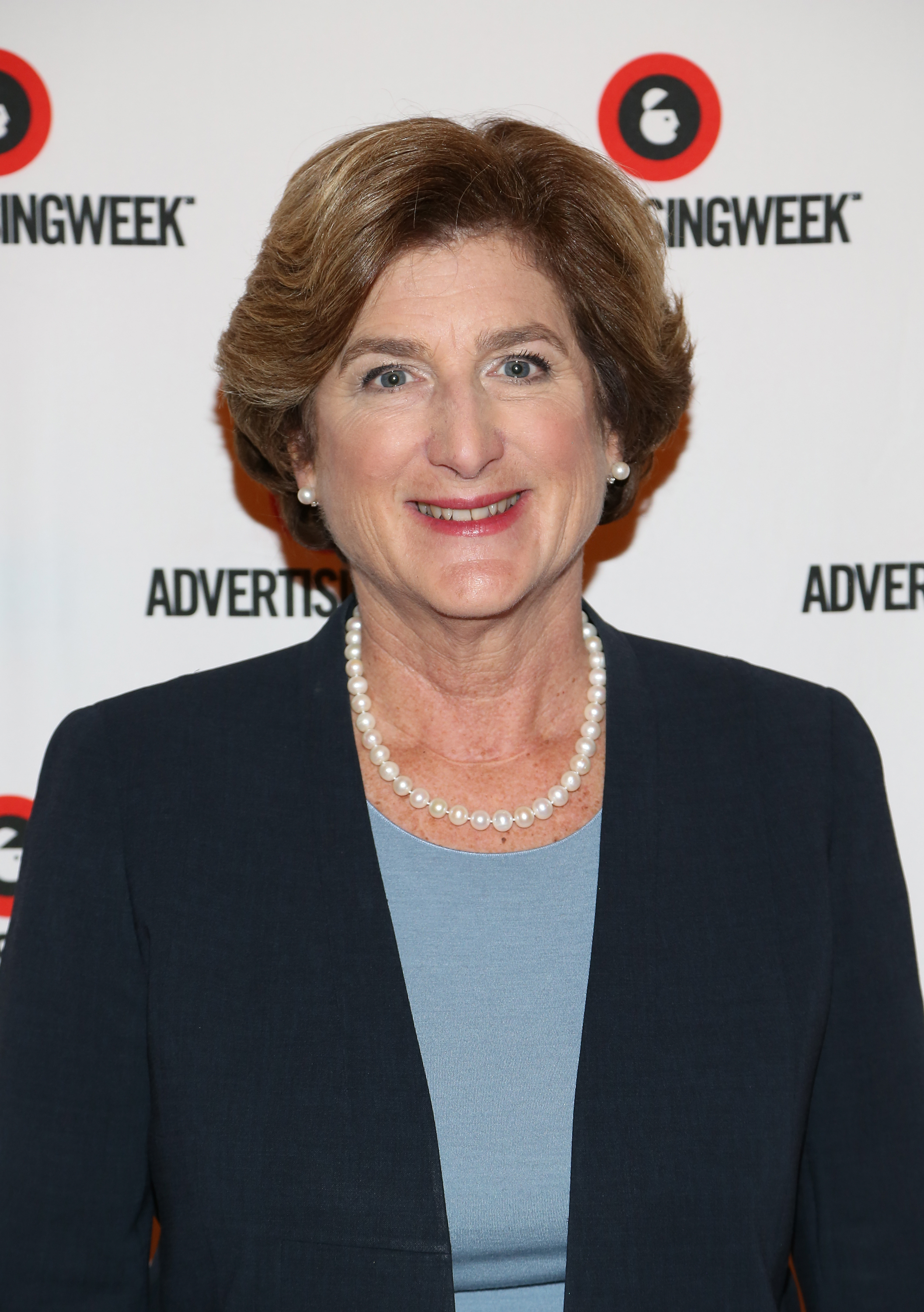
This Influencer post originally appeared on LinkedIn. Denise Morrison shares her thoughts as part of LinkedIn’s Influencer series, “Let’s Fix It” in which the brightest minds in business blog on LinkedIn about how they would fix what’s broken in this world. LinkedIn Editor Amy Chen provides an overview of the 60+ Influencers that tackled this subject as part of the package. Follow Denise Morrison and insights from other top minds in business on LinkedIn.
I’m a woman and a CEO, which at present is a rare occurrence in Fortune 500 companies. If I had a magic wand (and they’re also hard to find), one of the first things I’d fix would be increasing diversity in the C-suite.
I feel strongly about the need for diversity, and with good reason. I’m from a generation of women that found it exhilarating to shatter the glass ceiling. We viewed obstacles as opportunities and earned our seat at the leadership table.
But we still have a long way to go. Glaring diversity and gender gaps in business remain. Consider this – women make up slightly more than half of the U.S. population but we account for only 5 percent of the CEOs in the Fortune 500. I was heartened to see that Safra Catz was appointed co-CEO of Oracle last month. Including her, I’m one of 25 women CEOs in the Fortune 500 and one of 53 in the Fortune 1000, a group that includes my sister Maggie Wilderotter, Chairman and CEO of Frontier Communications.
When Maggie and I speak together publicly at various business schools and events (it’s one way for two busy sisters to see each other on a regular basis), we talk about the scarcity of women in the C-suite and how we broke the gender barrier. Our success started with our parents.
When we were growing up in Elberon, New Jersey, our mother told us “ambition is a part of femininity” and our dad, a high-ranking executive at Bell and AT&T, inspired us to pursue business careers.
When Dad came home from work, he’d turn our family dinners into tutorials on business, money, sales and profit margins. He shared fascinating stories about his customers, marketing and my favorite topic when I was a kid – new product launches. Our father also took us to his office before the advent of “Take Your Child to Work Day.”
In an era when leadership positions in public companies were reserved for men, he said the business world would open up to women and he wanted us to be prepared.
Things have changed since then — slowly. I’m the first woman to lead Campbell in its 145-year history and one of four women serving on our Board of Directors this year. But when I attend meetings with other CEOs, there are still times when I’m one of the few women in the room.
But women aren’t the only people missing in the C-suite. Minorities are vastly underrepresented in the Fortune 500, with African-American, Asian and Latino CEOs each in the range of 1 to 2 percent.
I’m equally a proponent of increasing women and minorities on the boards of public companies. You may have seen the Catalyst report that women held about 17 percent of the board seats at Fortune 500 companies in 2013, and more than 70 percent of the Fortune 500 had no directors who are women of color.
I’d like to see that change. With three decades of experience in the consumer packaged goods industry, it’s clear to me that diversity will become a competitive advantage in a global economy for companies that are willing to open their minds and embrace change. The best companies will build culturally-diverse leadership teams and workforces with divergent backgrounds, perspectives and ideas.
That’s our goal at Campbell. We have more work ahead, but I believe diversity will help us forge stronger connections with the consumers we serve today and with the new generations of consumers we will serve tomorrow.
The path to diversity begins with supporting, mentoring, and sponsoring diverse women and men to become leaders and entrepreneurs. For instance, we’ve established distinct business resource affinity networks for our women, Hispanic, African American and Asian employees. Externally, we are partnering with or sponsoring non-profit organizations like the National Society of Hispanic MBAs, which I addressed last month in Philadelphia.
Diversity is not only the right thing to do — it’s smart business — so let’s embrace diversity and lead change within our companies, within the business community and within our society… starting at the top.
In this series of posts, Influencers explain what they wish they could fix — and how. Read all the stories here and write your own (please include the hashtag #FixIt in the body of your post).
More Must-Reads from TIME
- Cybersecurity Experts Are Sounding the Alarm on DOGE
- Meet the 2025 Women of the Year
- The Harsh Truth About Disability Inclusion
- Why Do More Young Adults Have Cancer?
- Colman Domingo Leads With Radical Love
- How to Get Better at Doing Things Alone
- Michelle Zauner Stares Down the Darkness
Contact us at letters@time.com